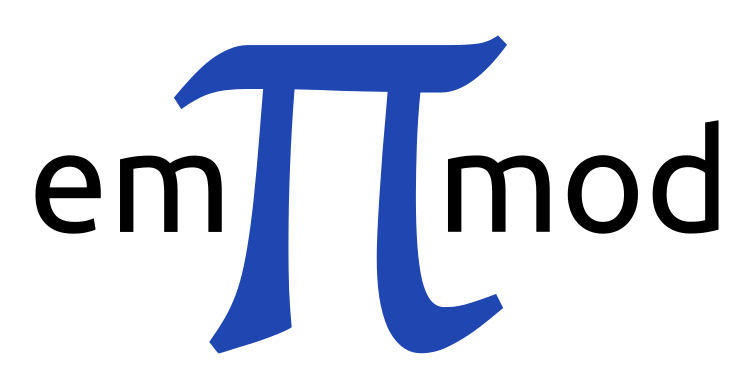Roadmap¶
A collection of ideas of what could be added or improved in empymod. Please get in touch if you would like to tackle one of these problems!
Additional modelling routines
tdem(TEM) [empymod#8]: Issues that have to be addressed: ramp waveform, windowing, loop integration, zero-offset (coincident loop).- in-loop
- coincident loop
- …
- Ramp waveform [empymod#7]
- Arbitrary waveform [empymod#7]
- Improve the GPR-routine [empymod#9]
- Load and save functions to easily store and load model information
(resistivity model, acquisition parameters, and modelling parameters)
together with the modelling data (using
pickleorshelve). Probably easier after implementation of the abstraction [empymod#14].
Inversion [empyscripts#1]: Inversion routines, preferably a selection of different ones.
Additional (semi-)analytical functions (where possible)
- Complete full-space (electric and magnetic source and receiver); space-time domain
- Extend diffusive half-space solution to magnetic sources and receivers; space-frequency and space-time domains
- Complete half-space
Fourier transform
- Change
fftto use discrete sine/cosine transforms instead, as all other Fourier transforms - If previous step is successful, clean up the internal decisions
(
utils.check_time) when to use sine/cosine transform (not consistent at the moment, some choice only exists withffhtimpulse responses,fqweandfftloguse sine for impulse, and all three use sine for step-on responses and cosine for step-off responses)
- Change
Hankel transform
- Add the
fht-module from FFTLog for the Hankel transform.
- Add the
Hankel and Fourier transform - Include the method outlined by Mulder et al., 2008, Geophysics
(piecewise-cubic Hermite interpolation with a FFT) to try to further speed-up the splined versions.
Extend examples (example-notebooks)
- Add different methods (e.g. DC)
- Reproduce published results
A
cython,numba, or pure C/C++ implementation of thekerneland thetransformmodules. Maybe not worth it, as it may improve speed, but decrease accessibility. Both at the same time would be nice. A fast C/C++-version for calculations (inversions), and a Python-version to tinker with for interested folks. (Probably combined with default parallelisation, removing thenumexprvariant.)Abstraction of the code [empymod#14].
GUI.
Add a benchmark suite, e.g. http://asv.readthedocs.io, in addition to the testing suite.
Add some clever checks, e.g. as in Key (2012): abort loops if the field is strongly attenuated (more relevant if once an inversion is implemented).
Move empymod from channel ‘prisae’ to ‘conda-forge’ (pros/cons?).
